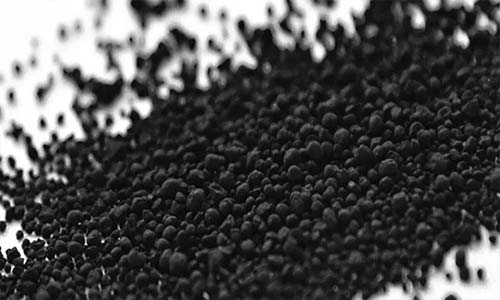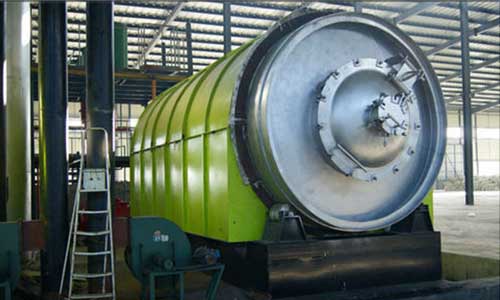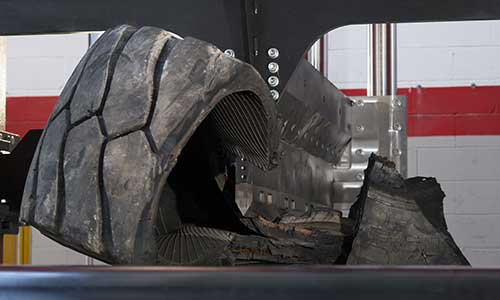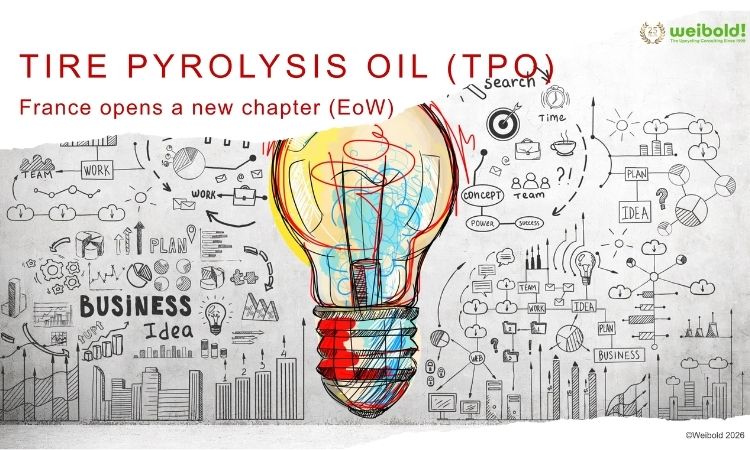
Weibold Academy shortlisted for the 2025 Recircle Awards!
We are proud to share that Weibold Academy has been shortlisted for the 2025 Recircle Awards in the Tyre Industry Education Award category! This nomination recognizes our commitment to providing high-quality education and expertise in tire recycling, pyrolysis, and circular economy solutions. We are honored to be acknowledged alongside other industry leaders who are shaping the future of sustainable tire management.












